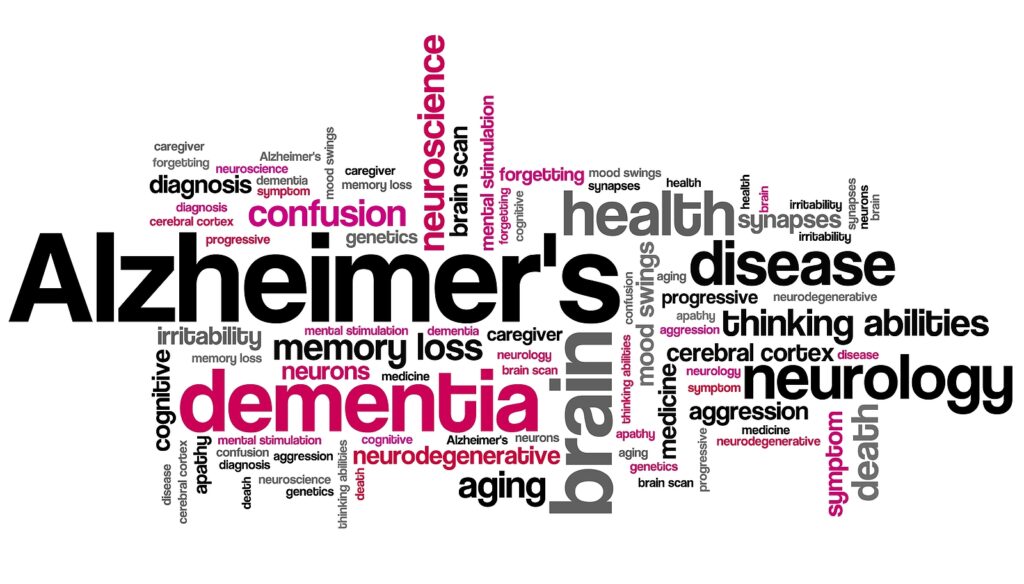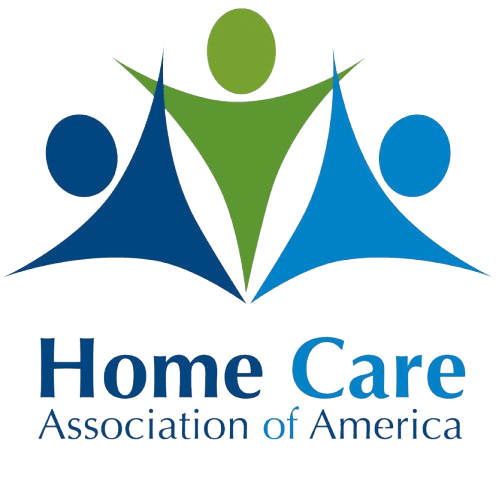
Alzheimer’s disease affects memory, thinking, and daily functioning over time. While it progresses differently for each person, recognizing early signs can help families plan for the right care and support. Understanding what changes to look for and how Alzheimer’s care providers can assist makes a significant difference in managing the condition with comfort and dignity.
Risk Factors for Alzheimer’s Disease
While the exact cause of Alzheimer’s remains unknown, certain factors increase the likelihood of developing the condition.
- Age: The greatest risk factor is aging, with most cases occurring in people over 65.
- Family History: A parent or sibling with Alzheimer’s raises the chances of developing the disease.
- Genetics: Specific genes, such as APOE-e4, are linked to a higher risk.
- Head Injuries: A history of significant head trauma may increase the likelihood of memory-related conditions later in life.
- Heart Health: High blood pressure, diabetes, and high cholesterol can contribute to cognitive decline.
Though these factors may raise the risk, they do not guarantee someone will develop Alzheimer’s. Early detection allows families to prepare for changing needs and seek appropriate Alzheimer’s care.
Five Early Signs of Alzheimer’s Disease
Recognizing changes in behavior and cognition can help identify Alzheimer’s in its early stages. Here are five key warning signs:
1. Memory Loss That Disrupts Daily Life
Forgetting recently learned information, repeating questions, or relying heavily on reminders may indicate early memory problems.
2. Difficulty with Problem-Solving or Planning
Tasks that require concentration, such as following a recipe or managing household bills, may become more challenging.
3. Confusion with Time or Place
Losing track of dates, forgetting where they are, or struggling to recognize familiar locations can be early indicators.
4. Trouble with Words in Speaking or Writing
A person may pause more often during conversations, struggle to find the right words, or call objects by the wrong names.
5. Changes in Mood or Personality
Uncharacteristic mood swings, anxiety, withdrawal from social activities, or irritability can be signs of early cognitive decline.
Symptoms Seniors May Experience in the Early Stages
In the beginning, symptoms may be mild, but they gradually interfere with daily life. Seniors in the early stages may:
- Have difficulty recalling recent events but remember past memories well
- Lose track of time, appointments, or conversations
- Struggle with managing money, following instructions, or making decisions
- Feel confused in familiar environments
- Experience frustration, depression, or withdrawal from activities they once enjoyed
Though these symptoms may not always mean Alzheimer’s, it’s best to speak with a doctor if any concerns arise.
How Alzheimer’s Care Supports Seniors and Their Families
Caring for a loved one with Alzheimer’s can be overwhelming, but professional Alzheimer’s care helps families navigate each stage with confidence.
Early Stages:
- Assistance with reminders for appointments and medications
- Help with maintaining routines to reduce confusion
- Encouragement and companionship to keep seniors engaged in daily activities
Middle Stages:
- Support with personal care, such as dressing and bathing
- Supervision to prevent wandering or unsafe situations
- Meal preparation to ensure proper nutrition
Late Stages:
- Full assistance with mobility and hygiene needs
- Emotional support for families making difficult care decisions
- A calming and compassionate presence to provide comfort
Alzheimer’s affects every individual differently, but compassionate care ensures safety, dignity, and quality of life at every stage.
If you or an aging loved one are considering Alzheimer’s care in Modesto, CA, please contact the caring staff at Provident Care Home Care today at (209) 578-1210.



